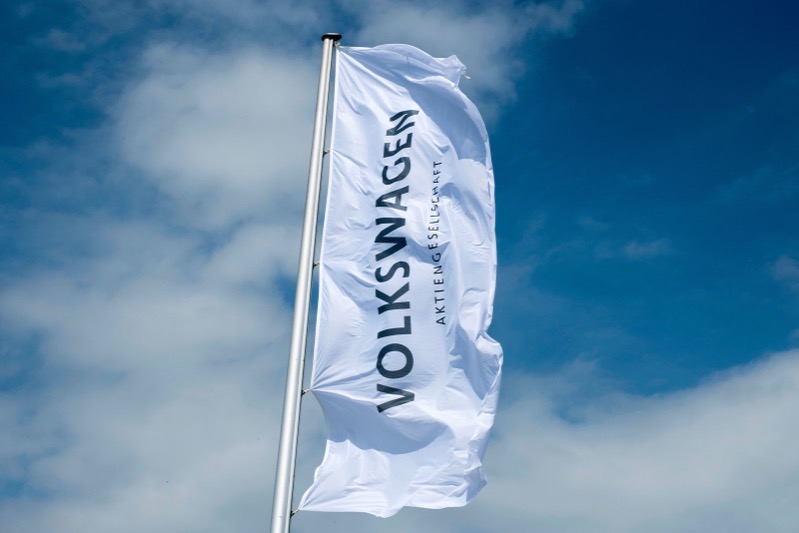
Canada Will Need 20 Years to Break Even on Volkswagen EV Plant: Report
A recent report from Ottawa’s budgetary watchdog, Parliamentary Budget Officer Yves Giroux, has indicated a much longer timeline for the Canadian and Ontario governments to recover their investments in tax credits for Volkswagen and Stellantis battery plants. Contradicting Prime Minister Justin Trudeau’s initial claim of a five-year break-even, the analysis suggests a 20-year horizon.
The production subsidies, which are set to commence next year, are predicted to accumulate to about $28.2 billion by 2032. The expectation for the two government levels is to see a positive ROI only by 2043 when the tax revenue from the battery plants surpasses the initial investment.
However, experts from the automotive sector are challenging this analysis. Brendan Sweeney, managing director of the Trillium Network for Advanced Manufacturing, emphasized the broader economic implications of the battery plants, beyond just battery production, reports Auto News Canada. He remarked, “The idea that the economic impact of the battery plant stops at the battery plant is cursory.”
The PBO estimates it will take 20 years for the Ontario provincial and federal government to break-even on the subsidies they gave to Stellantis-LGES and Volkswagen for EV battery plants.
The original break-even estimate for the Volkswagen deal was 5 years #cdnpoli pic.twitter.com/sIYsC2BCrt
— Mackenzie Gray (@Gray_Mackenzie) September 12, 2023
Sweeney explained that the original five-year breakeven projection, focusing on Volkswagen’s St. Thomas plant, took into account the ripple effect across the province, encompassing aspects like homebuilding, new fast-food employment, and the influence of new mines and mineral processing plants in Northern Ontario.
This sentiment is echoed by Flavio Volpe on social media, who highlighted that the PBO’s estimate concentrated solely on the “government’s revenues from cell and module manufacturing upon which the subsidies are based.” This omits the broader impact, such as new vehicle assembly, subcomponent manufacturing, raw material mining, recycling, and construction.
Critiquing the comparison, Sweeney stated, “You’re doing this apples and oranges comparison.”
Despite the disparities in these projections, it’s evident that the economic contribution of these battery plants is a multifaceted issue, with the PBO’s report only assessing the “government revenues generated by cell and module manufacturing upon which the production subsidies are based.”
Minister of Innovation, Science, and Industry, Francios-Philippe Champagne, expressed concerns over parts of the report. He called the investments “transformational” that will create “thousands of jobs across the entire EV supply chain.”


